International Conference “Nanobiophysics: Fundamentals and Applied Aspects”: Summing Up the Results
%20(1).jpg)
Staff and alumni of the Department of Molecular and Medical Biophysics, School of Radiophysics, Biomedical Electronics and Computer Systems, took an active part in the organizing committee and in hosting the 9th International Conference “Nanobiophysics: Fundamentals and Applied Aspects” (NBP-2025).
The event was organized by the B. Verkin Institute for Low Temperature Physics and Engineering of the National Academy of Sciences of Ukraine and the Institute of Physics of the National Academy of Sciences of Ukraine.
The sessions were held from October 6 to 9, 2025, in an online video-conference format.
Scientists from 13 countries presented over 90 plenary, oral, and poster reports covering current topics in modern biophysics and nanobiophysics. The presentations addressed the creation and study of practically important and promising materials based on nanobiohybrids — inorganic nanomaterials combined with biomolecules, the investigation of the physical properties of biomolecular nanosystems using various experimental and theoretical methods, the behavior of biomolecules on nanoparticles and nanostructured surfaces, as well as the practical applications of the knowledge gained in these studies.
The Chair of the NBP-2025 Program Committee, Professor Viktor Karachevtsev, in his keynote report, reviewed the formation and development of nanobiophysics as a new branch of biophysics at the Institute for Low Temperature Physics and Engineering during the first quarter of the 21st century.
Graduates of the Karazin University Department of Biophysics from various years, now successfully working in institutions across Kharkiv, Ukraine, and abroad, delivered scientific presentations.
In particular, conference participants learned about nanoprocesses accompanying the formation of microvesicles in blood cells and bacteria, the potential role of molybdenum disulfide nanoparticles in pre-biological biochemical evolution, experimental modeling of simple biomolecule formation in outer space within the framework of the origins-of-life problem, as well as experimental and theoretical studies of nanobiohybrids of molybdenum disulfide with anticancer drugs as nanoplatforms for targeted drug delivery. Research on SARS-CoV-2 viruses as a foundation for preventing future pandemics was also presented.
A special event within NBP-2025 was a round-table discussion titled “The History of Biophysics in Kharkiv,” dedicated to the memory of distinguished scientists who, in the second half of the 20th century, founded the scientific school of molecular biophysics that gained recognition in Ukraine and abroad, and who at various times headed the university’s Department of Biophysics. The creative contributions of these scientists and their research groups were highlighted in several presentations delivered by their students and followers.
Round-table participants also shared personal recollections about the development of biophysical research in Kharkiv’s academic and educational institutions and the cooperation between specialists in this field across Ukraine.
Overall, the conference sessions were marked by lively discussions, the renewal of existing collaborations, and the establishment of new scientific contacts with colleagues from Ukraine, Europe, and the United States.



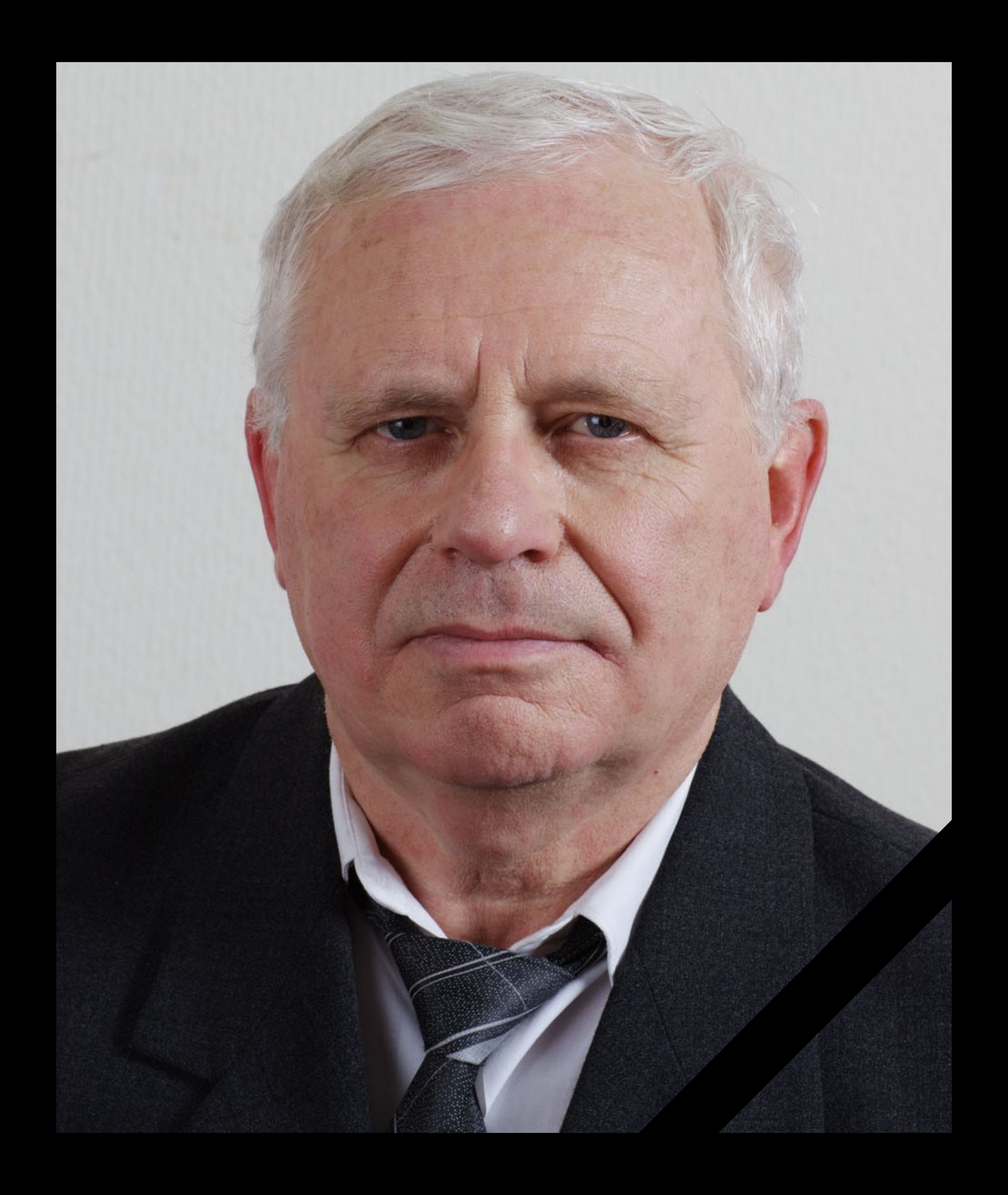
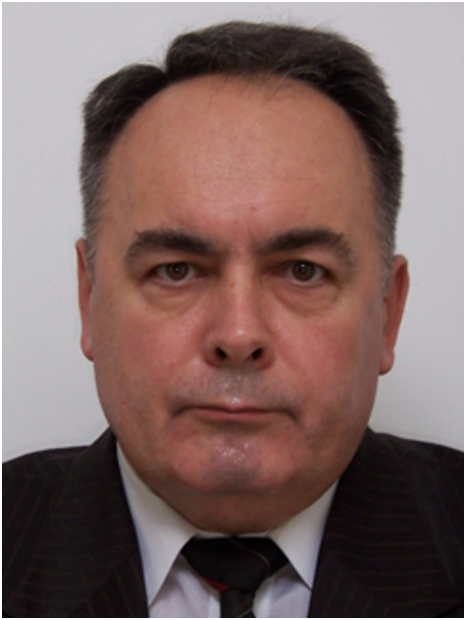


.png)
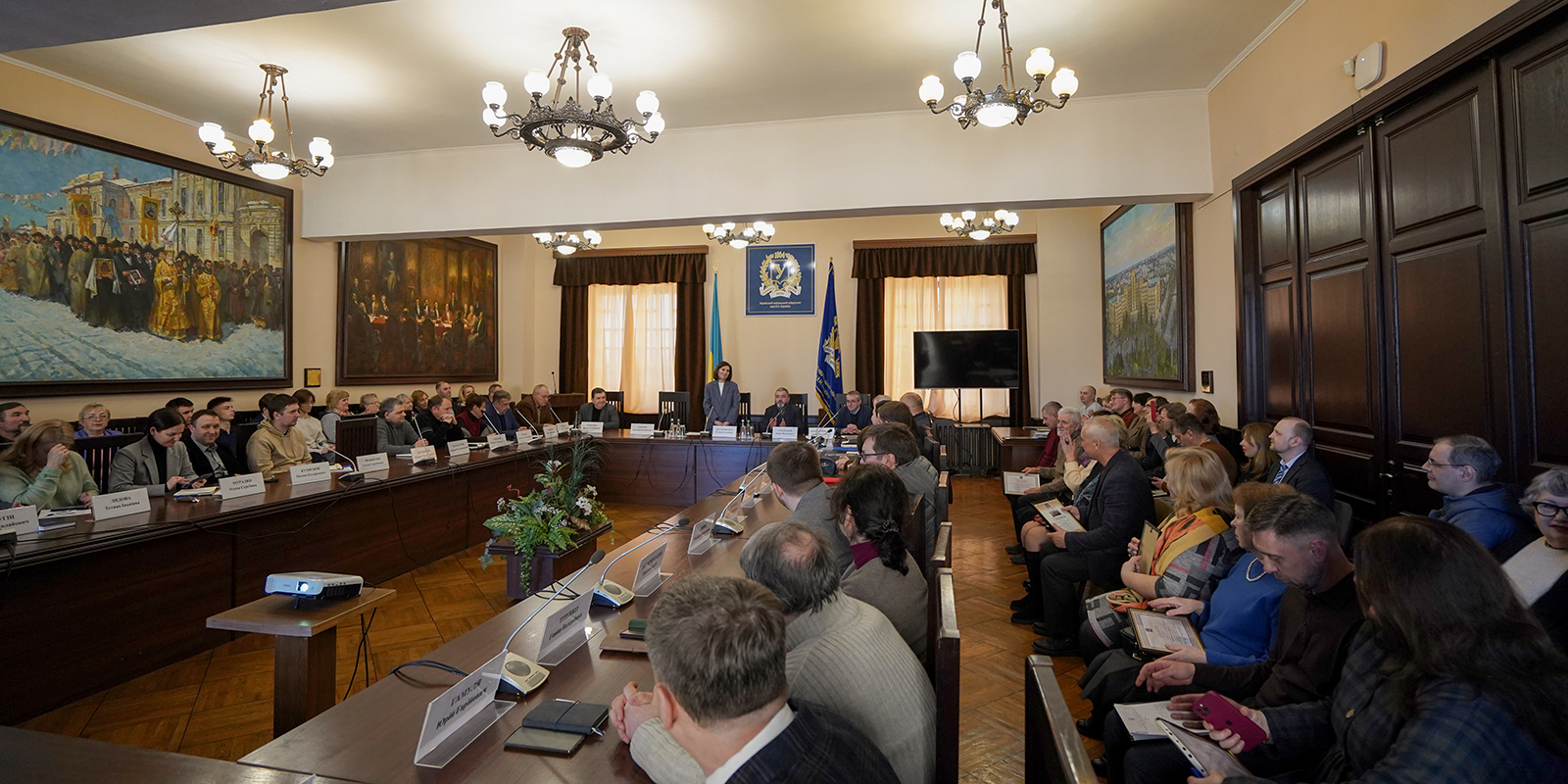
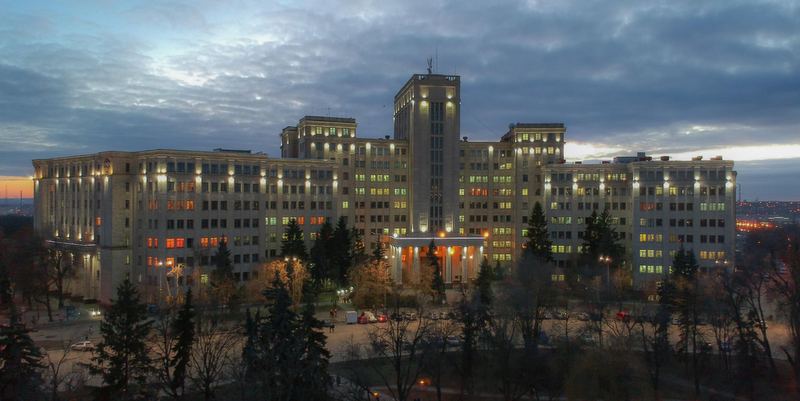
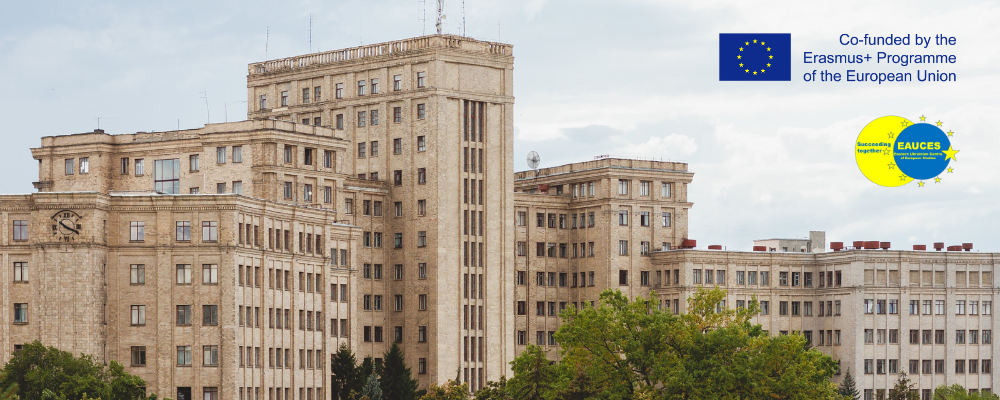
.jpg)
.png)